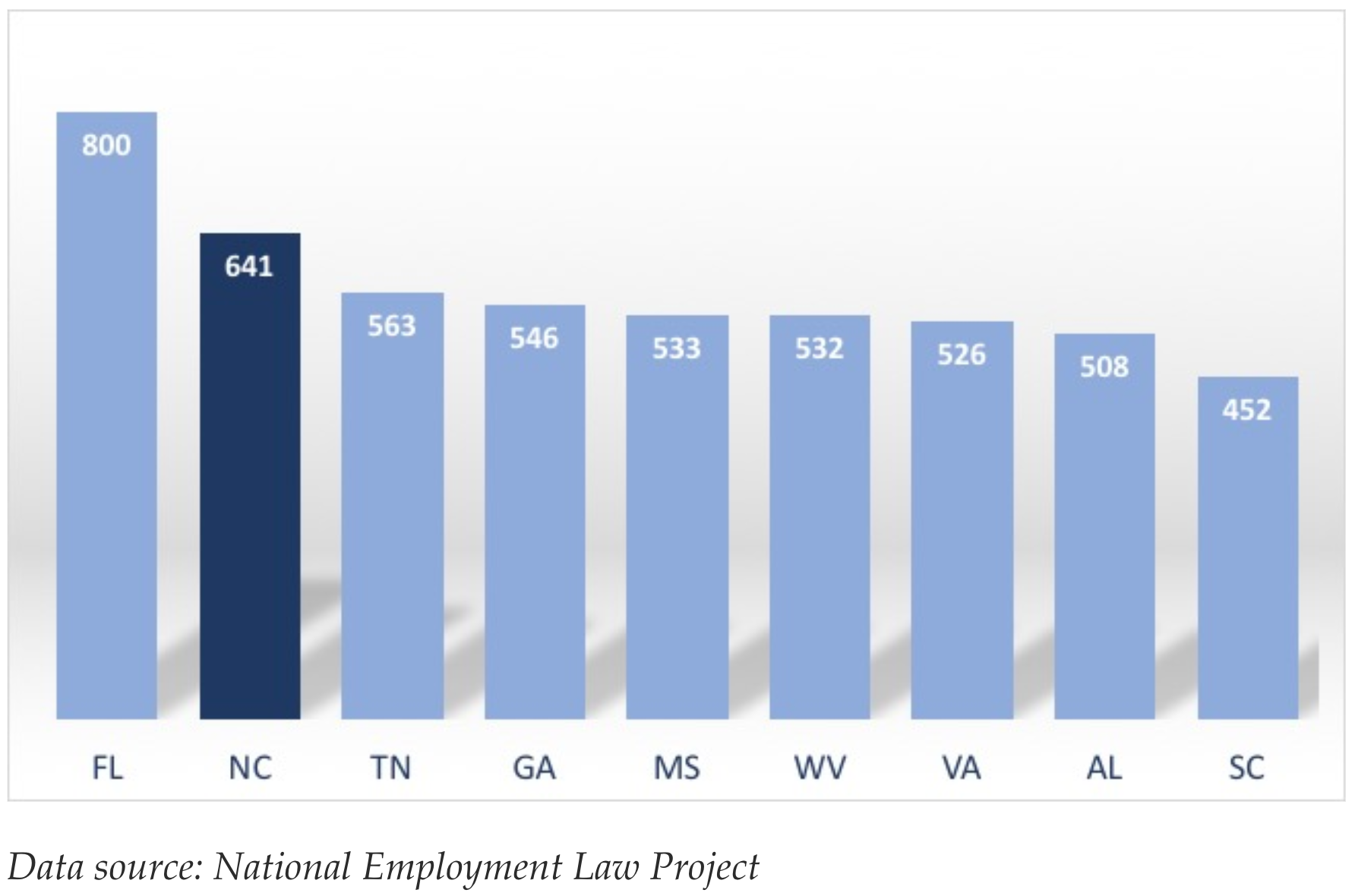Getting an occupational license can be time-consuming and expensive. For instance, becoming a barber in North Carolina takes approximately 722 days (comprised of 1,528 hours of schooling, one year of experience and three exams), thousands of dollars in schooling and hundreds more in fees. And, according to JLF’s Jon Sanders in his recent research brief:
The costs of these entry regulations have a disproportionately worse impact on the poor — not just would-be workers, but also poor consumers and low-income communities. They also have an especially bad impact on people with conviction records.
Many licensing boards require criminal background checks and enforce vague requirements for “good moral behavior.” This means that even persons with decades-old minor convictions can still be denied licenses for crimes completely unrelated to the profession in question. North Carolina currently has no legal framework to determine which criminal convictions vindicate denying someone an occupational license and which do not. According to Sanders, this has resulted in:
641 different disqualifications in state occupational licensing laws for having a criminal record, more than all the other Southeastern U.S. states except Florida. (See image)
This is a serious issue, Sanders writes:
When people are released from prison, they are considered “rehabilitated” and ready for re-entry into society. That they make the most of their second chance is very important for them as well as for society in general. One of the best ways for people to avoid going back to prison (recidivism) is to find employment.
Sanders mentions a measure, currently in the state Senate, that would address these issues and help put people to work, HB 770. Among other things, HB 700 would:
-
require a board not to deny a license to an applicant with a conviction record unless it had “clear and convincing evidence that the applicant’s criminal history is directly related to the duties and responsibilities of the job.”
-
require that an applicant’s Certificate of Relief (issued by the state to help alleviate certain negative sanctions against someone with a conviction record) be “considered favorably” by an occupational licensing board
-
allow someone with a conviction record to petition an occupational licensing board “at any time” to find out if his record would disqualify him from receiving a license (importantly, even before he took on the expensive work of satisfying the board’s licensing requirements)
-
require an occupational licensing board to accept toward licensing relevant apprenticeships approved by the state or federal government and training hours earned under career technical education in state public schools and colleges
Reforms like these are necessary to keep people out of prison and in careers that help them, their communities, and the economy.
Read the full brief here. Learn more in Sander’s full report “Modernizing North Carolina’s Outdated Occupational Licensing Practices.”



